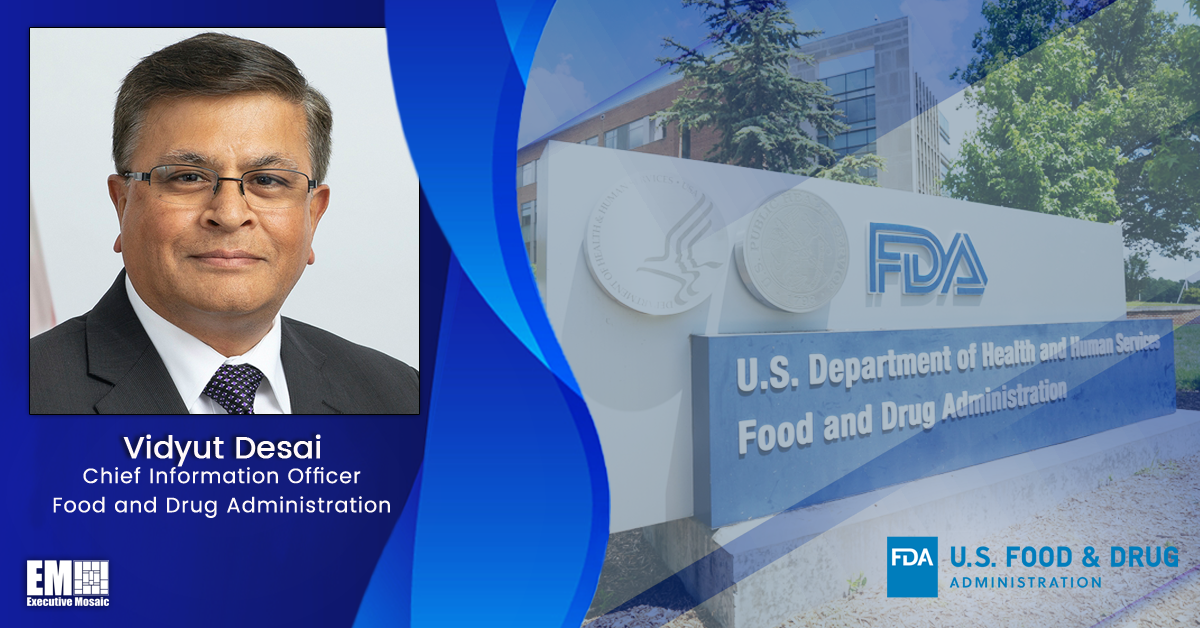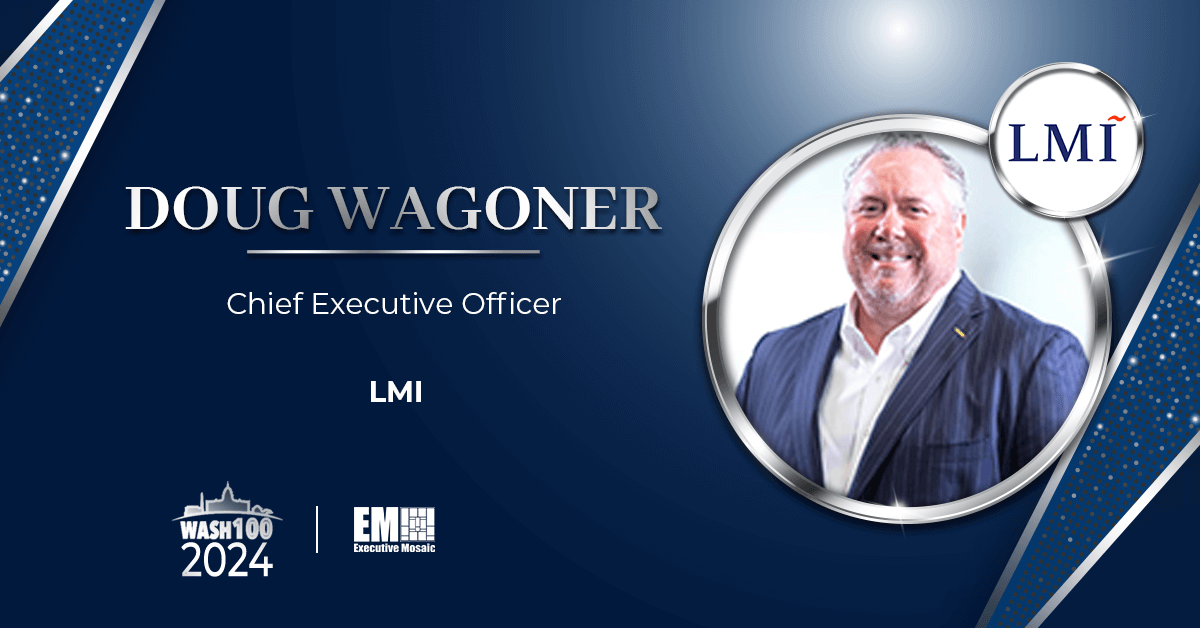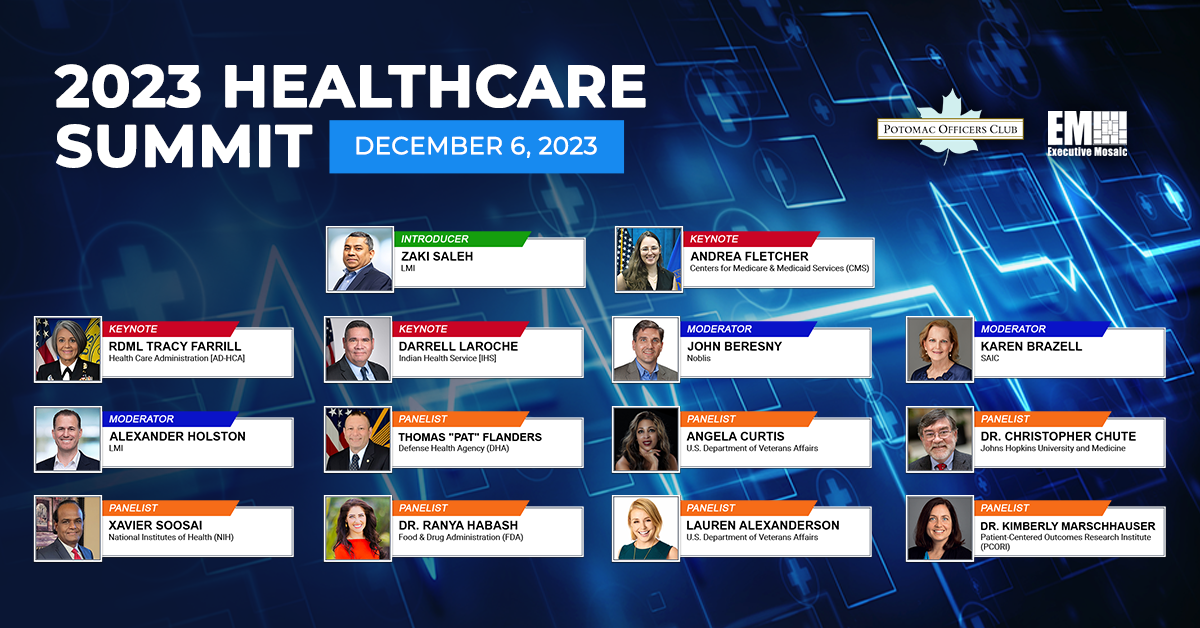With a total funding revenue of $7.5 billion and a team of 18,000, the Food and Drug Administration is responsible for regulating consumables like grocery products as well as class one medical devices and invasive tools. Essentially everything you see in a hospital is managed by the FDA and an approximate 78 percent of everyday food is reviewed and controlled by the agency, along with common items like health supplements and cosmetics.
The FDA intakes massive amounts of information for each product — nearly a terabyte per submission — so, given the breadth of its overview, they are in need of information technology systems that can handle troves of data. In order to do so, FDA CIO Vidyut Desai shared that the agency has over the last few years put in place a series of roadmaps to keep the organization’s technological development on a consistent track of evolution: the Technology, Data and Enterprise Modernization Action Plans, in 2019, 2021 and 2022, respectively. Desai offered his insights during GovCon Wire’s virtual 2nd Annual Healthcare IT – Digital Transformation Forum on Wednesday.
“We’ve got to keep up with the pace of change that’s happening around us,” Desai said. “Technology on its own is not going to get the job done. We are a data-driven organization, and we’ve got a lot of data fragmentation and siloed issues. So, increasingly we’re focusing on the data side.”
Desai said that inserting old processes into new technologies was insufficient, referencing how businesses and institutions can be slow to change alongside new advancements in IT and stating that “business has to own the change side of things.”
“This is an example of what happens if you take an old classic car [and] put a very powerful, modern new engine on it. Unless you really know what you’re doing, it doesn’t end well. Technology is similar. If you supercharge an old process with new technology, it’s not going to end well. Certainly, it’s not going to give you the business value that the business expected out of you,” Desai described.
The FDA’s trio of recent roadmaps attempt to unify and streamline their previously fractured and siloed strategies through a metrics-driven approach that prizes low-code and no-code platforms. Desai considers low-code and no-code a “very powerful environment” that allows for “citizen developers” to take on some of the smaller and less complex tech builds that the FDA has neglected in the past when it has focused all of its energy on the more ambitious, elaborate projects.
Achieving the end goals of the plans will require a holistic approach to modernization, according to Desai. “There is no one size fits all approach to modernization,” he said, rejecting the notion of consulting companies that will come in with a fixed template or formula for digital modernization. Desai says the most effective approach is “tailored” to the specific needs of a particular business.
“It doesn’t have a beginning or an end. It’s got to be sticky, it’s got to be continuous. It’s got to be a culture change,” Desai said definitively. Ultimately, Desai and his team are viewing the transformation effort as a push to “not only modernize, but then to remain modern.”







